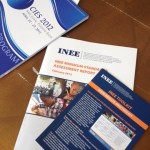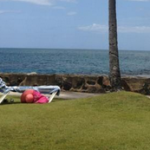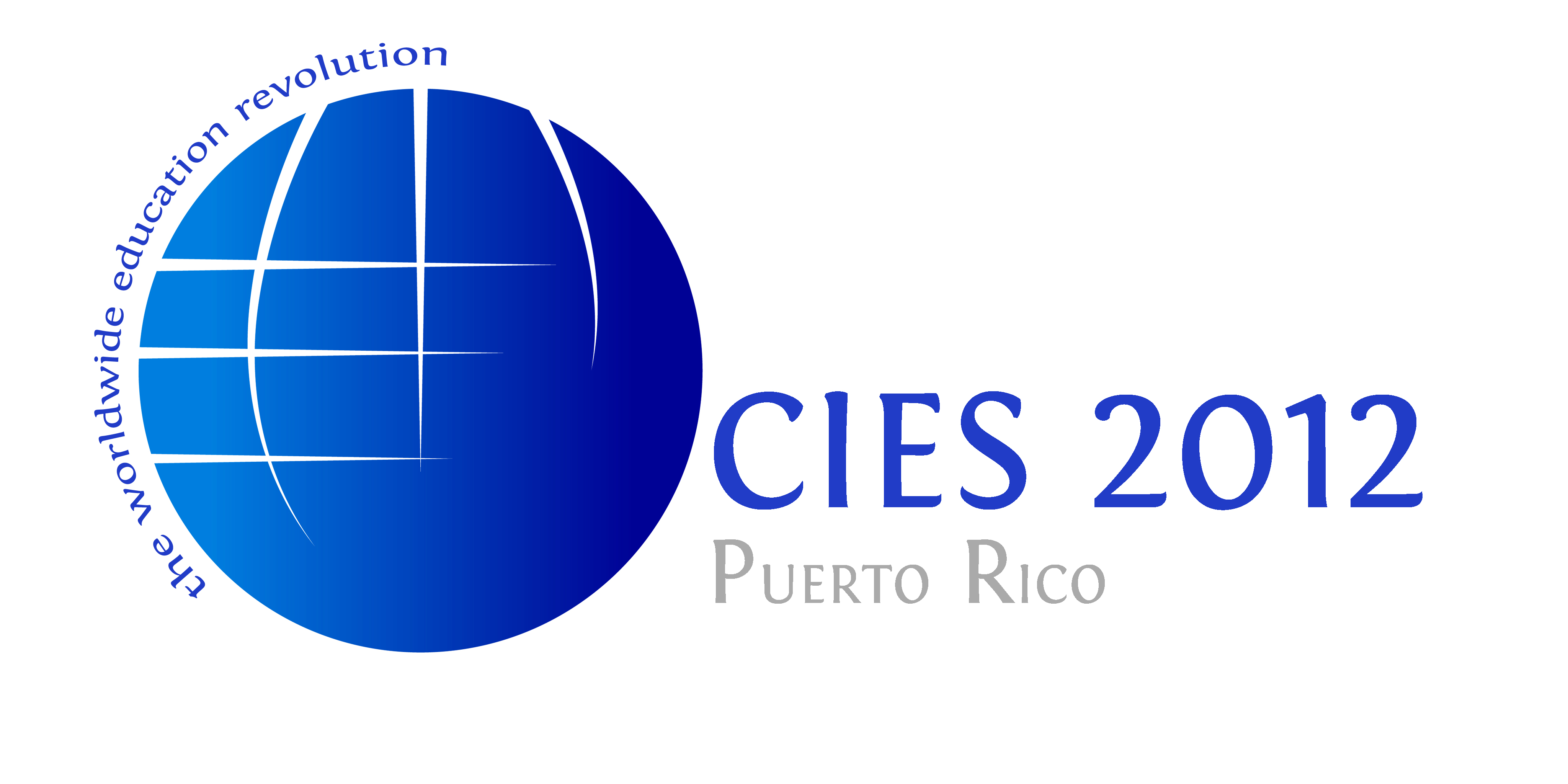CIES 2012 LIVE: The Worldwide Education Revolution
CIES and FHI 360 have partnered to provide LIVE coverage of key conversations taking place at the global education meeting, CIES 2012. Be sure to share your coverage with us by adding #CIES2012 to your tweets.
Daily Recaps | CrowdBlogs from CIES 2012
Missed a session or spent too much time at the beach? Follow highlights through daily ‘crowdblogs’ created from social media posts by CIES 2012 participant.
Q&A with Ken Rhodes: The Importance of Minimum Standards in Emergency Situations
In emergency situations such civil conflicts, natural disasters, refugee encampments, and post-conflict reconstruction, delivering education is a critical component to ensuring stability. Despite the interruption caused by the emergency, it is imperative that children have access to education. We know from experience that one of the first things refugees, internally displaced persons worry about and act on is how to keep their children in school. Read the full post
The Impact and the Use of Minimum Standard for Education in Emergencies
Ken Rhodes (Deputy Director of the FHI 360 Africa Education Team) discusses finding from a study on the impact and the use of minimum standard for education in emergencies. He is presenting as part of the Inter-Agency Network for Education in Emergencies (INEE)
To download the pdf copy of the INEE Minimum Standards Assessment Report, click here
Conflict Sensitive Education Programming and the Inter-Agency Network for Education in Emergencies
Lori Heninger (Inter-Agency Network for Education in Emergencies -INEE), Mary Joy Pigozzi (FHI360) and Kurt Moses (FHI360) discuss their presentation on the work of the INEE network and how organizations are developing and implementing conflict sensitive education programing.
For more information on INEE, visit http://www.ineesite.org
Active Primary Schools in Equatorial Guinea [En Español]
Don Jesus Eto Nzo Angono, Ministry of Education Inspector, (Equatorial Guinea) and Marina Solano (FHI 360) speak about the Program for Education Development of Equatorial Guinea (PRODEGE).
For more information on PREDEGE, visit http://redprodege.org
What are people reading at CIES 2012?
Organizations are sharing their education publications and resources at the CIES 2012 exhibition hall. Here is a snapshot of some of the highlights.
Twitter Conversation at #CIES2012
Check out what is happening on the official CIES 2012 Twitter hashtag. Make sure you use #CIES2012 to join in the conversation. Tweet pictures, links, quotes, blogs and videos.
Introduction of the InterAmerican Teachers Education Network (ITEN)
Adriana Vilela from the Office of Education and Culture of the Office of American States introduces the Inter-American Teacher Educator Network (ITEN) to the participants of CIES 2012.
For more information on ITEN, visit www.oas.org/en/iten
Innovation in Girls’ Education: What Works?
By Andrea Bertone, FHI 360
In the last several years, a greater emphasis has been placed on the importance of girls’ education globally. While most of the emphasis has been on getting girls into primary school, donors are increasingly funding efforts to improve access and quality of girls’ secondary school as well as completion and transition to the work force. View the full blog post
How Social Movements are Contributing to Education Reform in Brazil
By Arpit Gupta, Global Medical Knowledge and Glaucia d Ribeiro, LASPAU
The CIES 2012 George F. Kneller Lecture is delivered by John Meyer
CIES 2012 kicks off with the CIES 2012 George F. Kneller Lecture. This year’s talk was delivered by John Meyer, Professor of Sociology at Stanford University. There were lots of tough questions from a full house of interested global education professionals.
Global Education Experts Gather at CIES 2012: Opening Sessions
Approximately 1700 education experts from around the world begin a week of presentations, discussions and sharing. The energy is strong and people are already engaged to make CIES 2012 a great meeting.
Welcome by CIES 2012 by Society Leadership
CIES President, Ratna Ghosh and CIES President-Elect, David Baker welcome the participants to the 56th CIES Annual Meeting.
Blog Post |Is Education Overlooking the Needs of Boys?
By Merle Froschl and Barbara Sprung, FHI 360
In the early 1970s, many people began to question why girls did not seem interested in science and math and were not engaged in sports. Research demonstrated that it wasn’t because girls were incapable. Instead, socialization practices, teacher and parental expectations, and media messages told girls that these areas were “not for them.”
CIES 2012 Welcome by Brenda Arrington
Director of Africa Programs, Global Education, FHI 360
What is CIES 2012 LIVE Coverage?
FHI 360 and Degrees Blog will provide LIVE coverage from Puerto Rico of the 56th Annual Meeting of the Comparative and International Education Society. Elements of the coverage include the live Twitter feed of #CIES2012, daily crowd blogs on key discussions, and photos from the meeting.
Have you heard about Crowd Blogging?
Crowd blogging is a powerful way to capture the online conversations taking place at CIES 2012. It is when an author curates a blog from content that is shared by a crowd through digital media.
CIES 2012 at a Glance: The Worldwide Education Revolution
Learn about who attends CIES, read welcome messages from leadership, and find out more about the 2012 theme, The Worldwide Education Revolution. Read more










